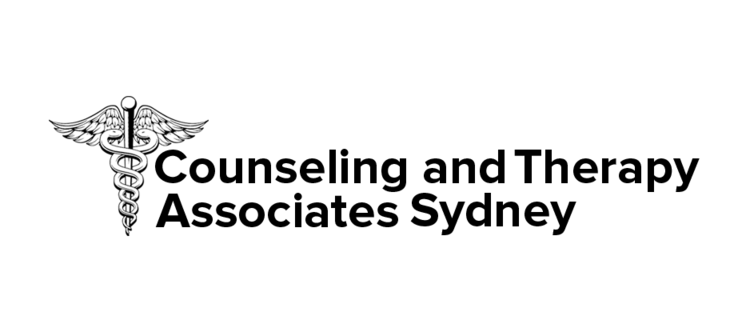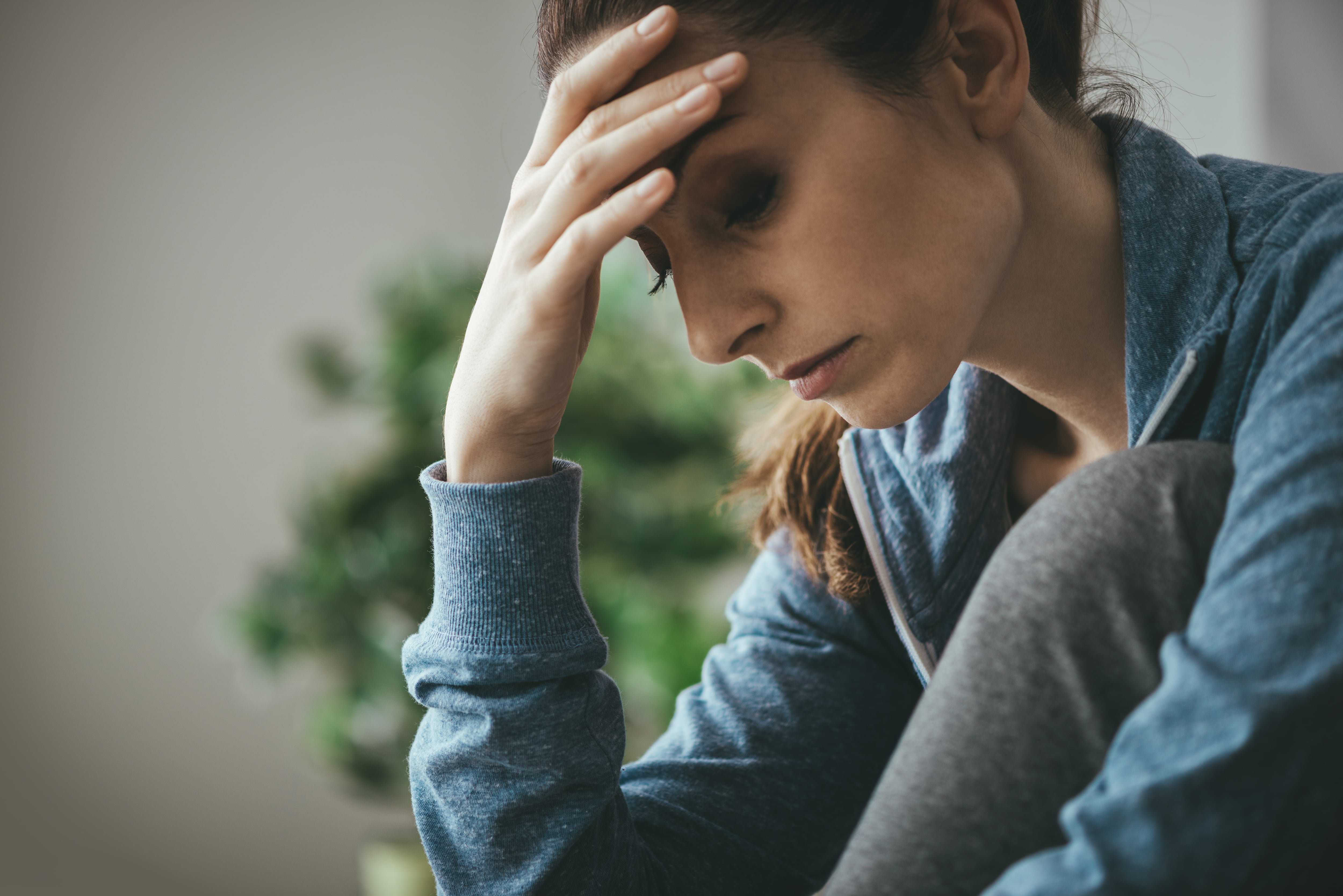Depression is more than just a low mood – it’s a serious condition. While we all feel sad, moody or low from time to time, some people experience these feelings intensely, for long periods of time and often without reason. People with depression find it hard to function every day and may be reluctant to participate in activities they once enjoyed. However, with accurate and professional depression treatment, depression can be overcome or managed effectively.
Depression is one of the most common of all mental health problems. One in five people experience depression at some stage of their lives. That means around one million Australian adults live with depression each year.
In order to accurately diagnose whether or not you are suffering from depression, it is imperative that you see a qualified mental health professional. Some of the more common symptoms that may indicate you have a depression that requires treatment include:
This disorder is characterized by a mild-to-moderate state of depression that can last for years. People often describe it as a general feeling of unhappiness or that something is missing from their lives. Some of the more common symptoms include:
- Poor appetite or overeating
- Insomnia or hypersomnia
- Low energy or fatigue
- Low self-esteem
- Poor concentration or difficulty making decisions
- feelings of hopelessness
At Counselling & Therapy Associates we offer a range of treatments for both Depression and Dysthymia that may be able to alleviate or completely eradicate these symptoms from your life. To discuss Dysthymia or Depression treatment contact us on 0422 467 705 or to book a session with one of our therapists Click here.


